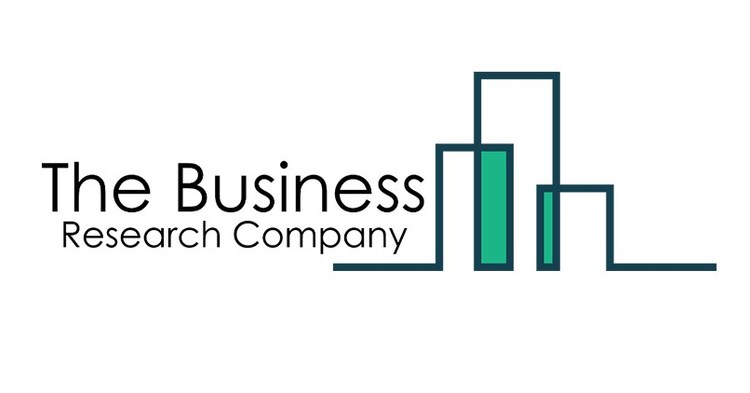M&A activity in the healthcare sector has been slow in 2023, but experts predict an influx of biopharma M&A deals in the second half of the year due to a looming patent cliff, low valuations, and a weak IPO market. Several large pharmaceutical companies are seeking late-stage assets to offset revenue decline from expiring patents. The low valuations of biotech companies make them attractive to buyers, and the slow IPO market further drives M&A activity. However, antitrust scrutiny from federal regulators could pose a potential challenge.
The global market for artificial intelligence (AI) in drug discovery is projected to grow significantly in the coming years, with emerging companies adding value and the increasing prevalence of chronic diseases driving demand, although limitations and a shortage of AI workforce may hinder growth.
The global Ophthalmic Disease Therapeutics Market is projected to reach USD 53.8 billion by 2030, with a CAGR of 6.10% in the forecast period, driven by factors such as the increasing prevalence of ophthalmic diseases and advancements in treatment options.
Artificial intelligence (AI) techniques, particularly machine learning, are increasingly being used in drug research and development (R&D), with applications expanding beyond small molecules to include large-molecule modalities such as antibodies, gene therapies, and RNA-based therapies. These therapies, which make up a significant portion of the biopharma industry's current and future commercial potential, are expected to represent approximately 50% of the oncology market by revenue in 2030, with the majority coming from antibodies.
The global vitiligo treatment market is expected to reach a value of US$822.75 million by 2028, driven by ongoing research, advocacy, and advancements in treatment options.
The healthcare IT market in Saudi Arabia is projected to grow by USD 1.6032 billion from 2022 to 2027, driven by an increase in the detection of chronic diseases and the growing need for healthcare IT solutions to effectively manage these conditions.
Despite slowed growth in Q2, the medtech sector is projected to grow by 7% in 2023, with double-digit growth in certain cardiology categories, and AtriCure, Alcon, Alphatec, Glaukos, and SI-BONE being the top-ranked companies, according to Needham.
The budget for artificial intelligence and machine learning in the healthcare sector is expected to reach 10.5% in 2024, up from 5.5% in 2022, and could have transformational effects on the industry beyond drug discovery, according to Morgan Stanley. Private equity firm Thoma Bravo is also in talks to acquire NextGen Healthcare, while Nestle-partnered weight loss capsules have succeeded in a pivotal trial, boosting shares of Epitomee Medical.
Eli Lilly could potentially generate $50 billion in annual sales from weight-loss drugs by 2030, positioning the pharmaceutical company as a major beneficiary in the obesity treatment market, according to J.P. Morgan.
The global Clinical Nutrition Products Market is expected to experience significant growth by 2031, with an estimated CAGR that will reach USD million.
The global market for weight-loss drugs is projected to reach $100 billion by 2035, with revenue in the US potentially reaching as high as $70 billion alone.
Gene therapy companies like Sarepta and BioMarin are developing million-dollar treatments for severe genetic disorders, indicating a potential explosion in the gene therapy market. The global cell and gene therapy market is projected to reach approximately $82.24 billion by 2032.
